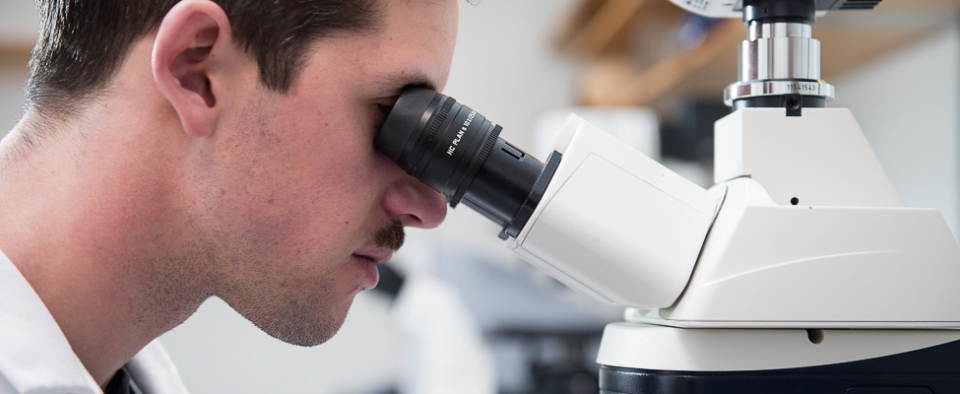Ventricular tachycardia (VT) is a potentially life-threatening rhythm disorder of the heart. While there are several different causes of VT, about 10% of patients have no apparent structural cardiac abnormalities, in what is called “idiopathic” VT. In the most common form of idiopathic VT, called RVOT, patients have no family history of VT.
Research conducted under the leadership of Weill Cornell Cardiology Professor Bruce Lerman since the 1980s has suggested that RVOT is caused by a mutation in the gene for a protein called Gsα, and indeed such a mutation has been discovered in cardiac cells in Dr. Lerman’s laboratory. This is surprising, because in general the cells of the heart, unlike other organs where this mutation is found, do no continue to grow and divide after adulthood.
Current research, funded by the Raymond and Beverly Sackler Foundation, involves reproducing the Gsα mutation in mice, in order to investigate the properties of the heart and in particular its responsiveness to VT. Developing a mouse model of this unique form of VT represents an important milestone in the cellular and molecular elucidation of this disorder.


